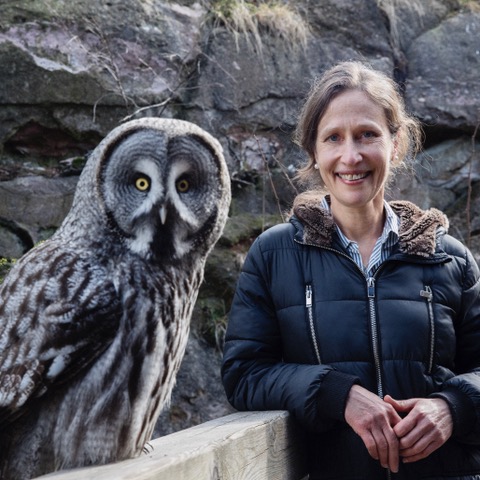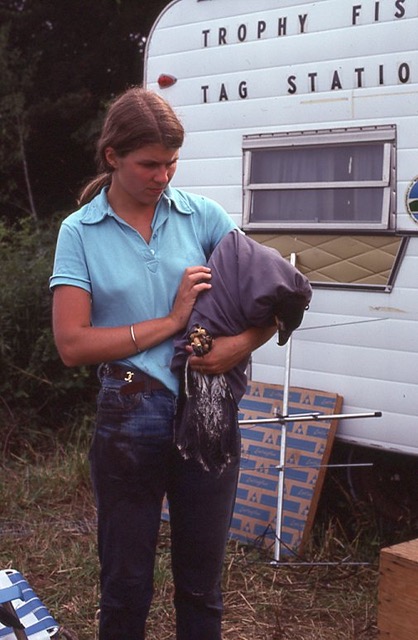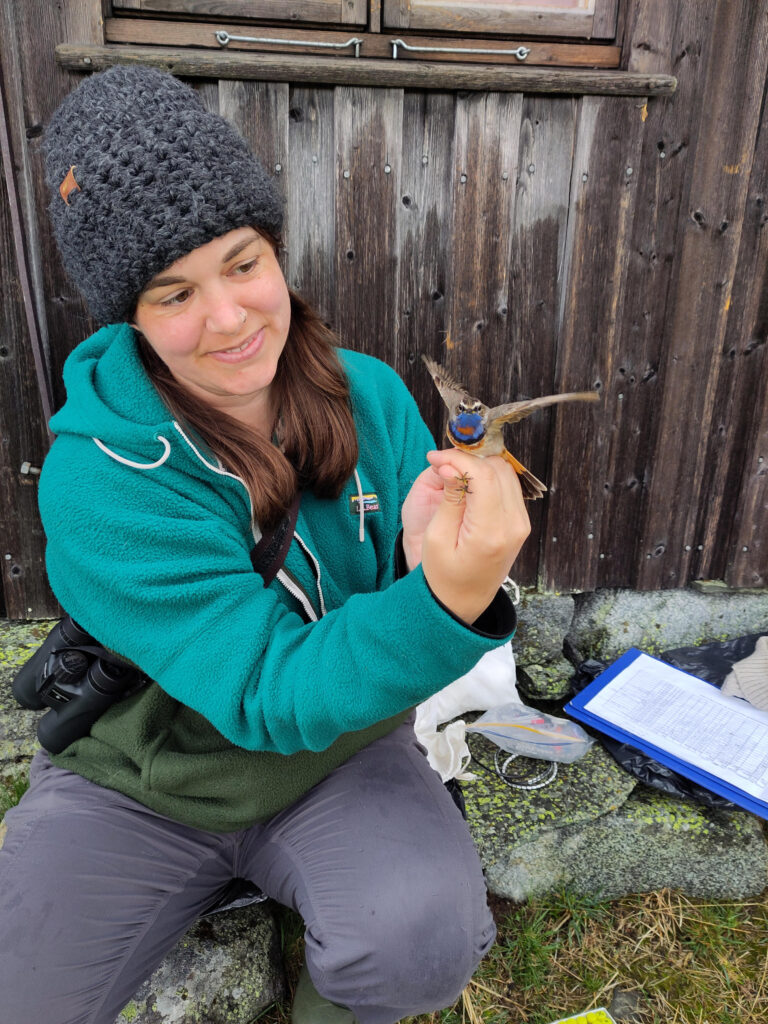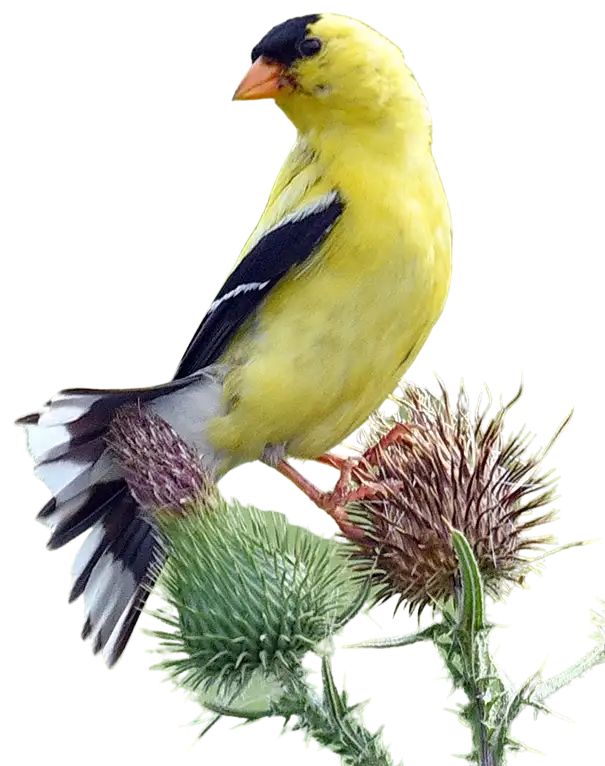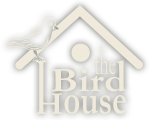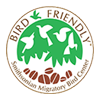Neo-tropical migratory birds have shown some drastic population declines in recent decades, evidence of a number of challenges they face during the entire migratory cycle. Landscape transformation leading to habitat change and/or destruction in much of Latin America ranks high as a factor in overwintering sites for these declines. A coffee technology that transforms traditional, shade-grown holdings to treeless, agrochemical-dependent ones is seen by many as one such factor that has eliminated viable, quality habitat for both migrant and resident birds.
A science-based certification program developed by researchers at the Smithsonian Migratory Bird Center (SMBC)—“Bird Friendly Coffee”—underpins an initiative to educate coffee farmers, roasters and consumers about the role that a diverse shade coffee system can play in providing sorely needed habitat for many migrant species. Dr.Rice will present the journey that SMBC researchers have taken in developing and expanding this innovative scheme that links conservation to the market place.
A geographer by training, Robert A. Rice joined the Smithsonian Migratory Bird Center (SMBC) at the Smithsonian’s National Zoological Park in 1995, concentrating on research and policy issues related to migratory bird habitat and conservation. Rice’s organizing of the “First Sustainable Coffee Congress” and the “First International Workshop on Sustainable Cocoa Growing” helped place the SMBC on the map as a dynamic research group capable of acting as a catalytic force around conservation, agriculture, and the market place. Themes of Rice’s research and policy efforts include how the management of tropical agroecosystems relates to ecological questions, as well as the socioeconomic benefits derived from diverse agroforestry systems. Since coming to the SMBC, he helped develop a set of science-based criteria for shade coffee, a system shown through research to serve as viable avian habitat—resulting in the “Bird Friendly” certification program. Rice has organized numerous workshops in coffee regions to train inspectors in the assessment of shade coffee systems. These efforts have placed the Bird Friendly certification on more than 12 million pounds of organic coffees—bringing a habitat/biodiversity dimension to environmental certification.


